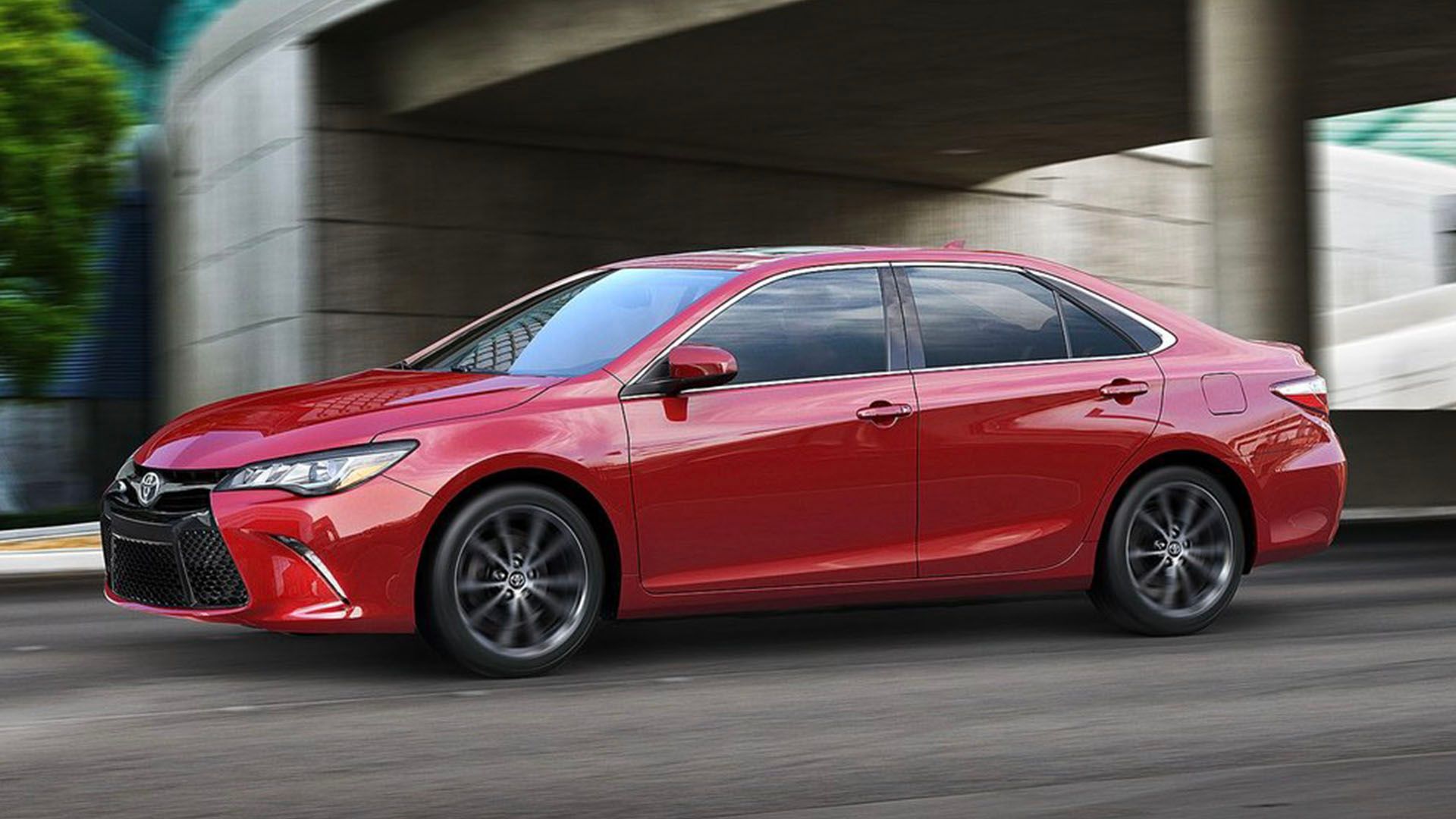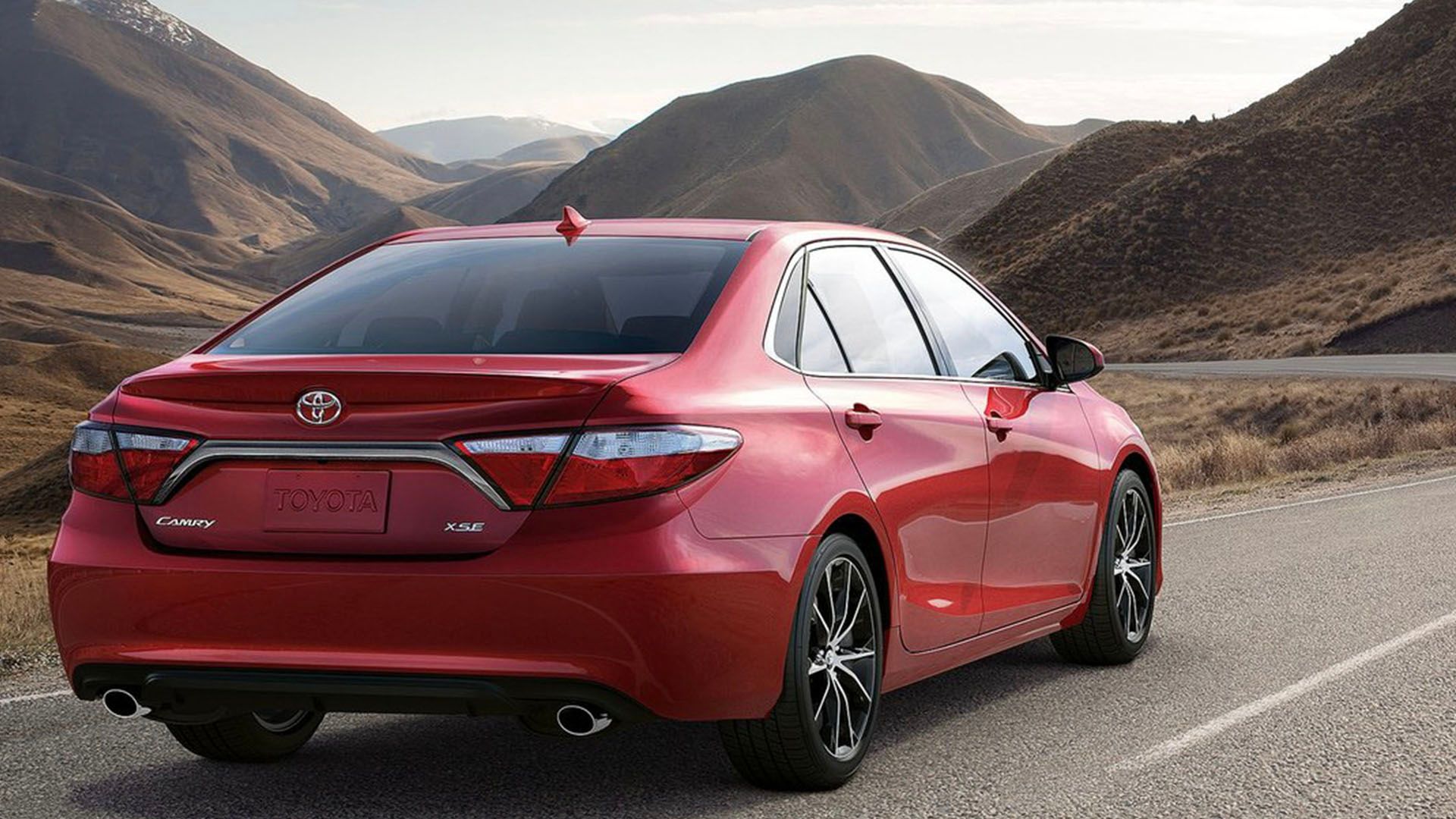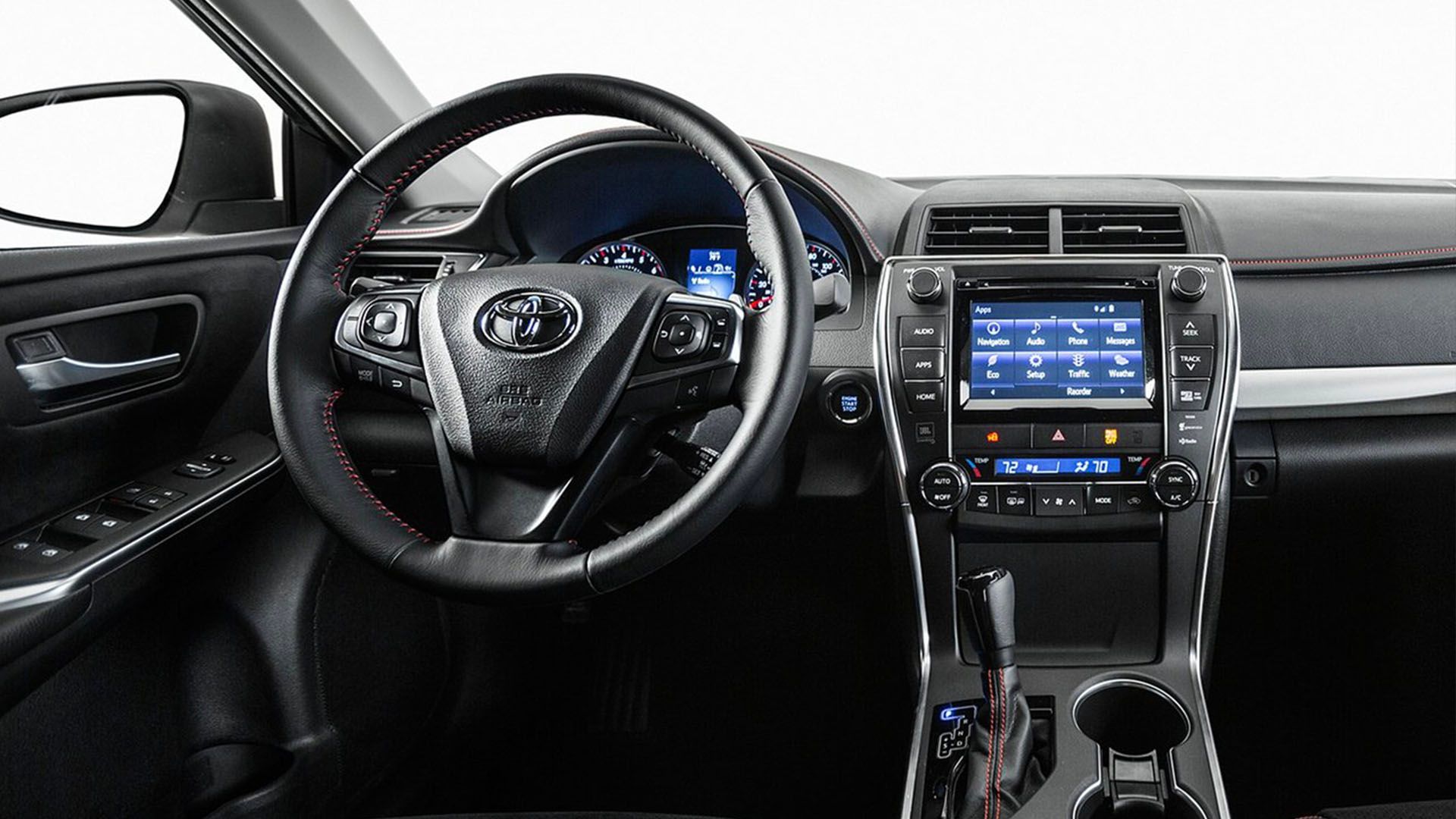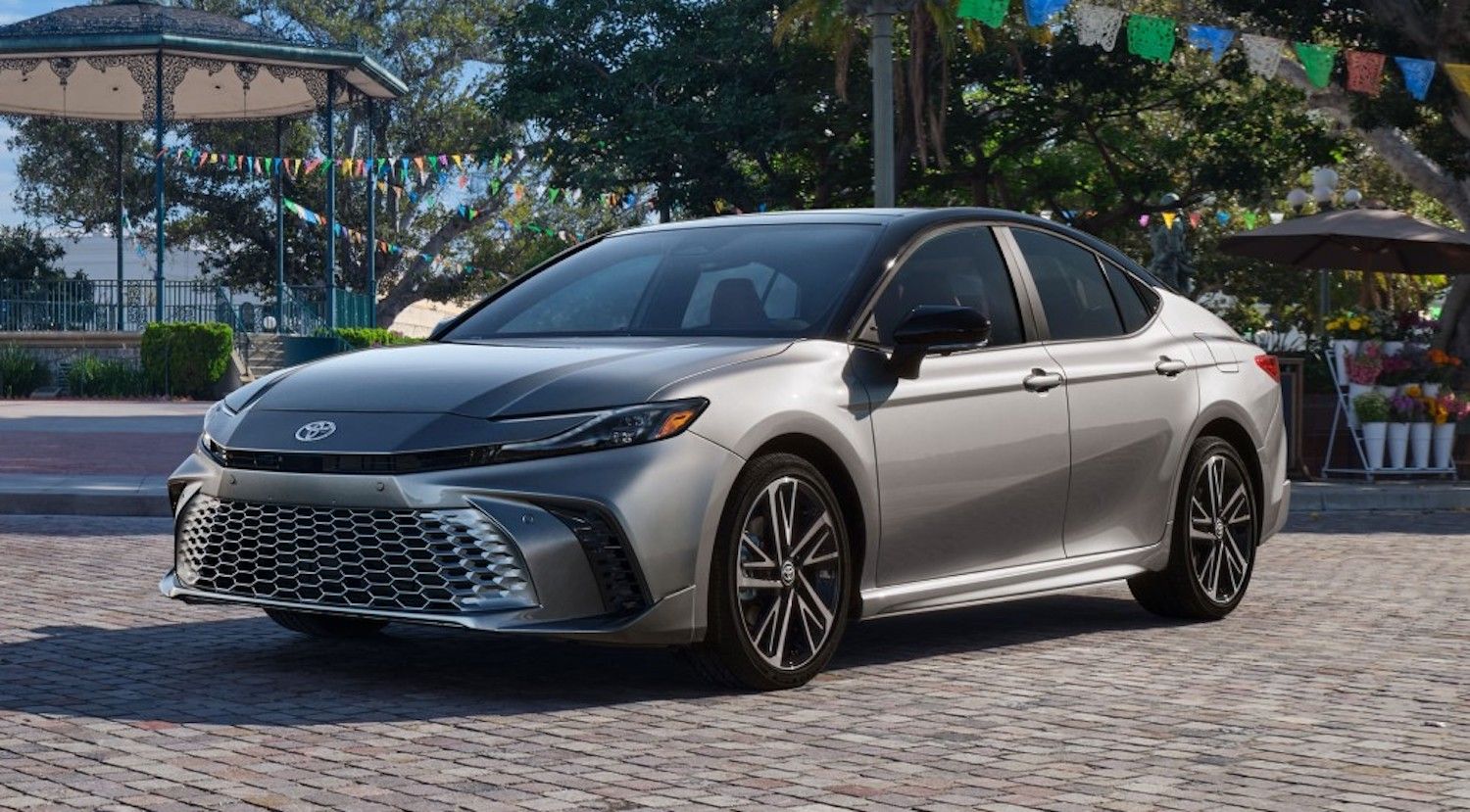Key findings
- The Toyota Camry is a reliable, low-maintenance vehicle that can last forever if taken care of.
- The 2017 Camry used for Uber had only one major problem after 120,000 miles, which the owner fixed himself.
- Kilmer recommends the automatic transmission in the Camry for better acceleration and control and prefers the 2.5-liter engine for its reliability.
YouTuber Scotty Kilmer believes that the Toyota Camry is a car worth buying if you don’t want to spend money on maintenance. A mechanic with 56 years of experience explains why the Camry is such a reliable car.
With the use of 2017 Toyota As an example of a Camry, Kilmer says that the owner of the car uses it for Uber. The car was bought used, the owner drove more than 100,000 km in three years. There was only one major problem the owner encountered, but only after the car had covered over 120,000 miles.
Kilmer claims that running a reliable Camry makes money for the owner and costs almost nothing to maintain. Toyotas have a reputation for reliability, and Kilmer says they can last forever if you take care of them.
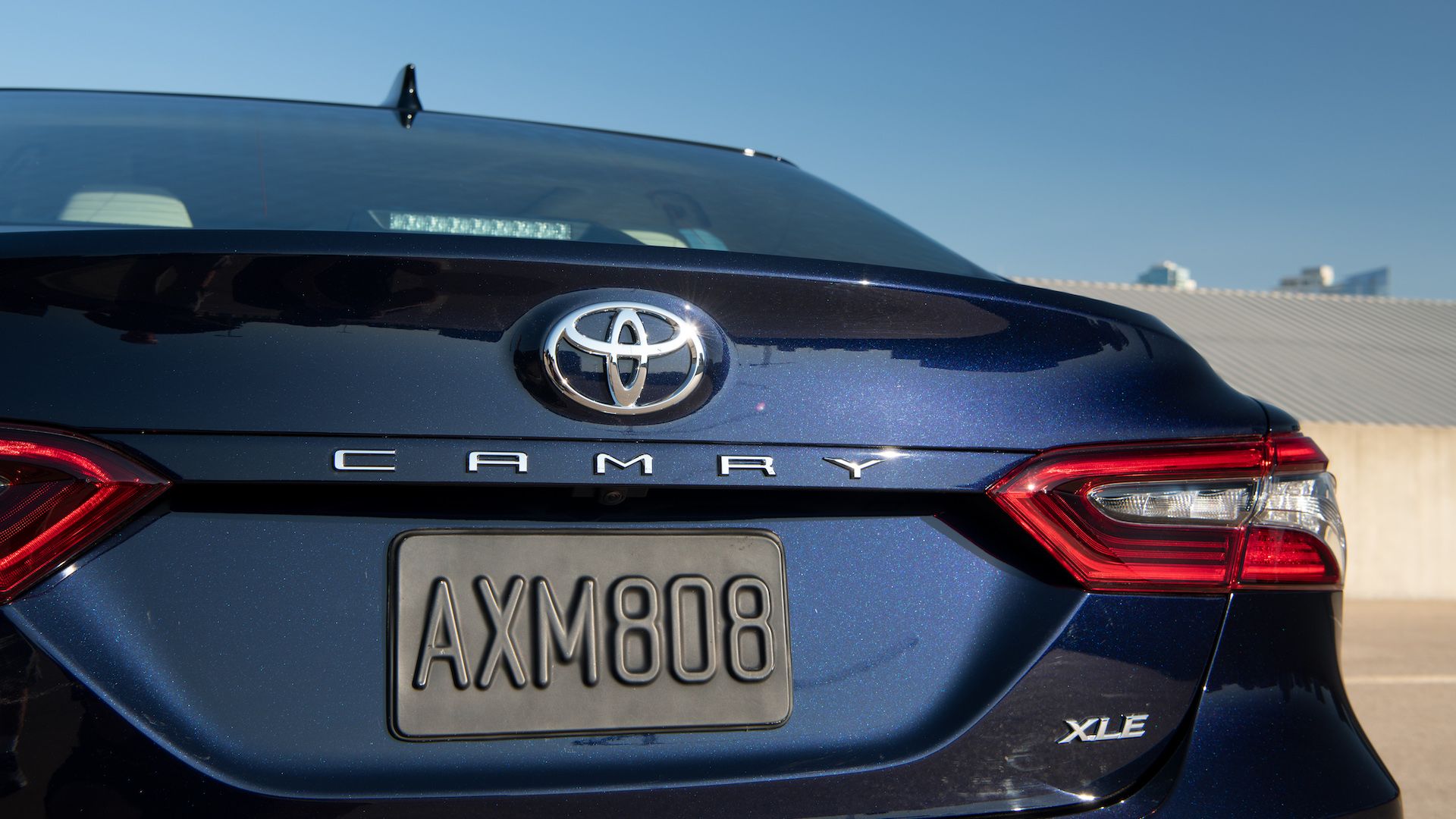
Rating of the best Toyota Camry by years of purchase
The Toyota Camry is one of the most reliable cars ever made, and it’s definitely the best of the best.
3-year-old Camry bought for $18,000
The owner of a Toyota Camry bought the car used and drove it for three years. He paid $18,000 for a used Japanese sedan, and after 100,000 miles on it, all he had to do was replace the alternator. Leaving aside basic maintenance requirements like oils, fluids, and filters, the owner only needed to replace the alternator, which he repaired himself. In this way, he saves even more on wages.
Kilmer says that if you’re looking for a 4-cylinder sedan, you can’t beat the Toyota Camry. However, he mentions that the 2007 models had engines that were prone to burning oil. Newer Camrys have completely different engines. Kilmer shows off the engine bay, revealing that the car is pretty much the same as it came from the Kentucky factory.
Camry Kilmer uses as an example a non-hybrid model with a lower trim, which has steel sidecars with plastic caps. Kilmer says steel rims are better because alloy rims can break, but a bent steel rim can be repaired to return to shape. The beige interior has some stains, but the seats are nice and show no wear even after 120,000 miles.
2017 Toyota Camry engine specifications
|
Producer |
Toyota |
|
Moving |
2.5 liter |
|
Configuration |
Uncharged, in-line 4 |
|
power |
178 hp |
|
A turning point |
170 lb-ft |
|
fuel |
Gasoline |
|
Average value used |
18,000 USD |
Source: Edmunds
2017 Toyota Camry reliability statistics
- Average Annual maintenance costs: $429 (RepairPal)
- Estimated maintenance costs for the first 10 years: $4,203 (CarEdge)
- Recall: 3 (NHTSA)
- Owners Reported Problems: Automatic Transmissions Can Hesitate During Acceleration, Defective EVAP Purge Control Valve (RepairPal)
Kilmer prefers the Camry’s automatic transmission
Scotty Kilmer thinks the automatic transmission in the standard Camry is the better transmission. A 6-speed transmission is only available on the non-supercharged 4-cylinder model. Kilmer claims that the Camry Hybrid is not only prone to battery problems, but also uses an inferior CVT electric transmission. His reasons for recommending an automatic transmission include that it is a transmission that lasts forever, provides better acceleration, and the driver can feel more in control.
He also believes that most people do not need a four-wheel drive car. The Camry’s front-wheel-drive layout is great for most applications for the vast majority of people. According to Kilmer, a front-wheel-drive sedan like the Camry is an ideal and reliable vehicle for those who don’t need an SUV.
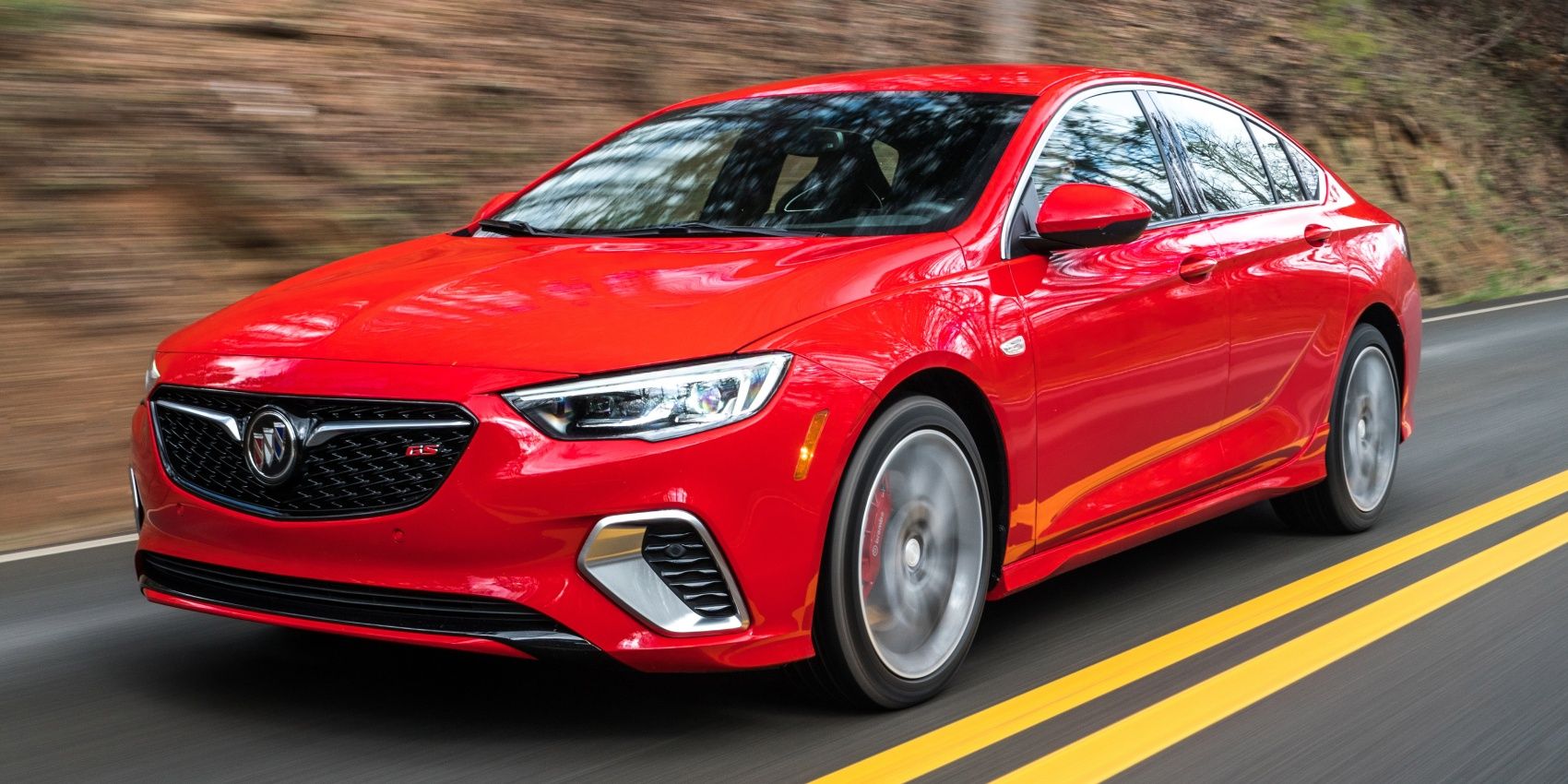
10 reliable American cars that can compete with the Toyota Camry
Toyota Camry is known for its quality assembly and reliability. Here are 10 American cars that compete with the Toyota Camry.
Running a diagnostic scan clears all codes on the Camry
Kilmer used his car diagnostic tool to check the Camry for any error codes. The Camry returned a total of nine trouble codes. But they all seemed like very simple errors like tire pressure sensors, A/C, GPS, ABS, ECM and a few communication codes. Most of these codes, Kilmer says, could be caused by changing the alternator.
After clearing the codes, Kilmer starts the car again. Fortunately, and not surprisingly, the trouble code error did not appear. Checking the diagnostic details, everything works fine. The engine idled correctly and all the gauges were reading correctly.
Their previous car has significant transmission issues
- Kilmer claims that the owner previously used a Kia Optima.
- However, the gearbox on the car failed at 60,000 km on the Optima.
- The dealership repaired it out of warranty, meaning the owner had to pay to get the transmission repaired. But Kilmer suggests that didn’t solve the problem.
- Again, the dealership fixed the problem, but not at the customer’s expense.
Minor wear on 130,000 mile Camry found while driving
With 132,252 miles on the odometer, the Camry still has its original struts. Kilmer says he can detect some roughness when driving the car because the struts are understandably worn. But there is no shaking or vibration in the car – highway speeds.
Giving it some beans, Kilmer sees the Camry accelerate smoothly, and you can barely feel the gear shift because it’s so smooth. Scotty Kilmer is so impressed that the owner bought the car cheap, put 100,000 miles on it and it still runs great. The only thing a Camry has ever required from an owner is a new alternator, which he put on himself.
2017 Toyota Camry Reliability Facts
- The Camry uses a 2.5-liter engine and is not a hybrid.
- Aside from regular maintenance, the Camry only needed a new alternator after 120,000 miles.
- The spacers are worn but still original and work well.
- The 2.5-liter engine isn’t the best for fuel economy, but it still returns 24 mpg in the city.

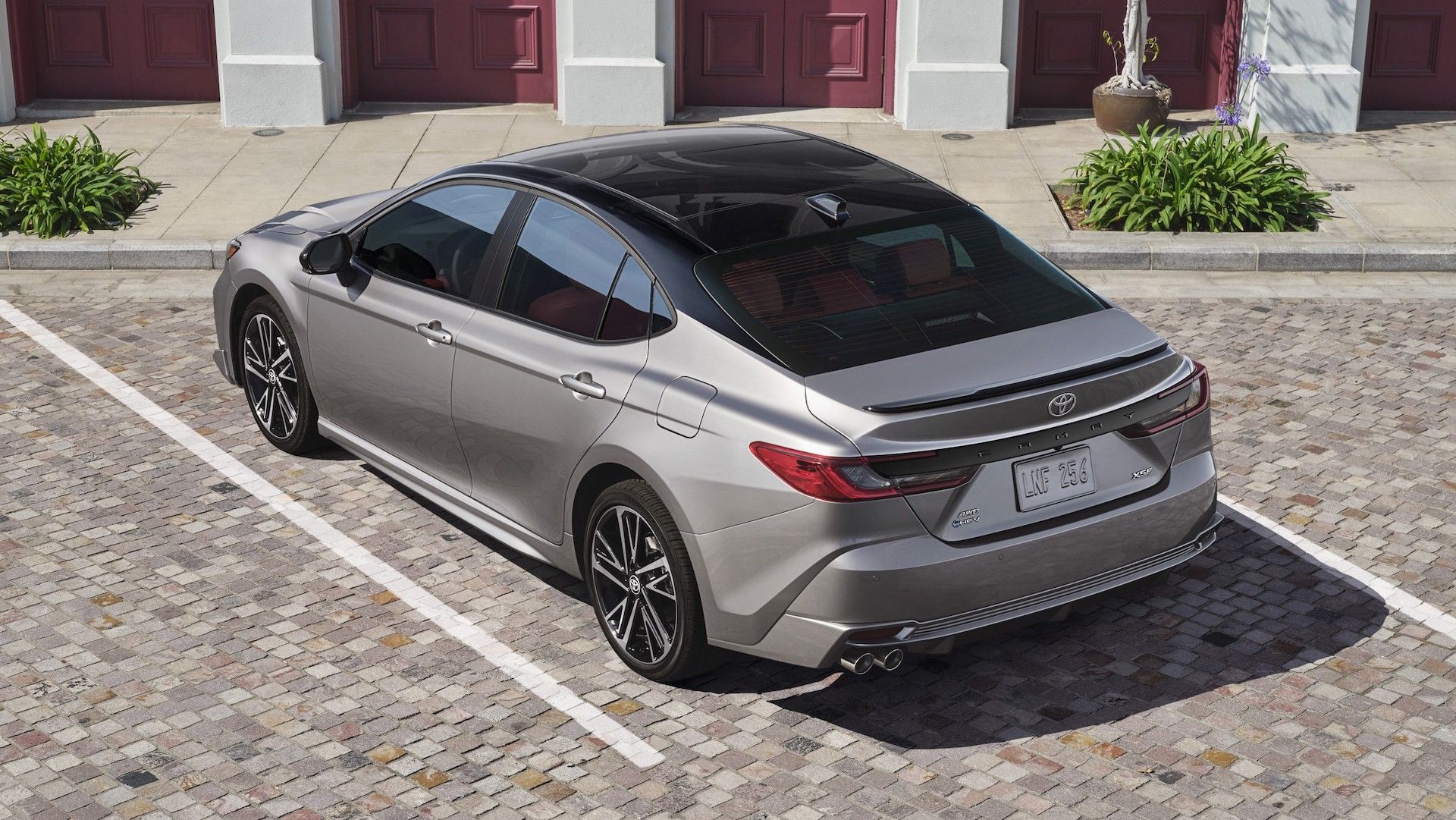
How the 2025 Toyota Camry could shake up the affordable sedan market
That’s why the 2025 Toyota Camry could be a game-changer in the affordable sedan market.
Why Kilmer prefers Toyota’s 2.5-liter inline-four
Kilmer says Toyota’s 2.5-liter inline-four is the biggest reliable version. Smaller engines with turbochargers wear out faster. They produce more power, but only at higher revs. He also says the larger engine provides enough power for daily driving, and the transmission is smooth and has no trouble shifting up or down. The engines are also known to be reliable and don’t wear out as quickly as smaller turbo engines.
The downside of the larger 2.5-liter engine is that the engine doesn’t give much gas mileage. But it’s a trade-off worth making when the vehicle requires very little service and maintenance. According to the EPA, Camry’s 2.5-liter 4-cylinder automatic gets 24 mpg in the city and 33 mpg on the highway, resulting in a combined rating of 27 mpg. Hybrid versions of the 2017 Camry can return up to 38-40 MPG combined.
Toyota Camry of the ninth generation has been revealed
On November 14, 2023, Toyota showed the ninth generation sedan Camry 2025 model year. The all-new Camry may use the same GA-K platform as the previous generation model, but it features Toyota’s latest design language.
In the US, the V6 engine was abandoned, and the sedan will be sold only as a gasoline hybrid. Updated interior along with all technology and safety features with Toyota Safety Sense 3.0. The next-generation Camry is expected to go on sale in the spring of 2024.
Sources: YouTube @ Scotty Kilmer, Car Complaints, Toyota, Edmunds, NHTSA, CarEdge, RepairPal
